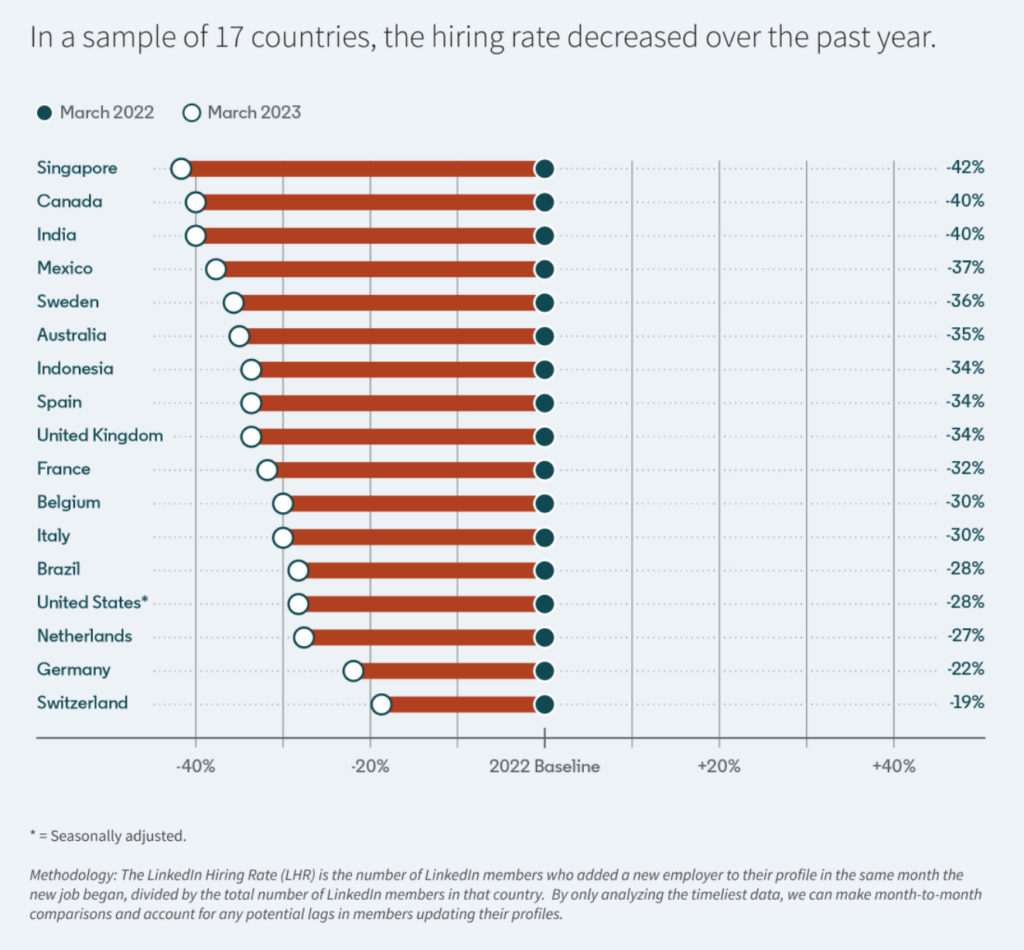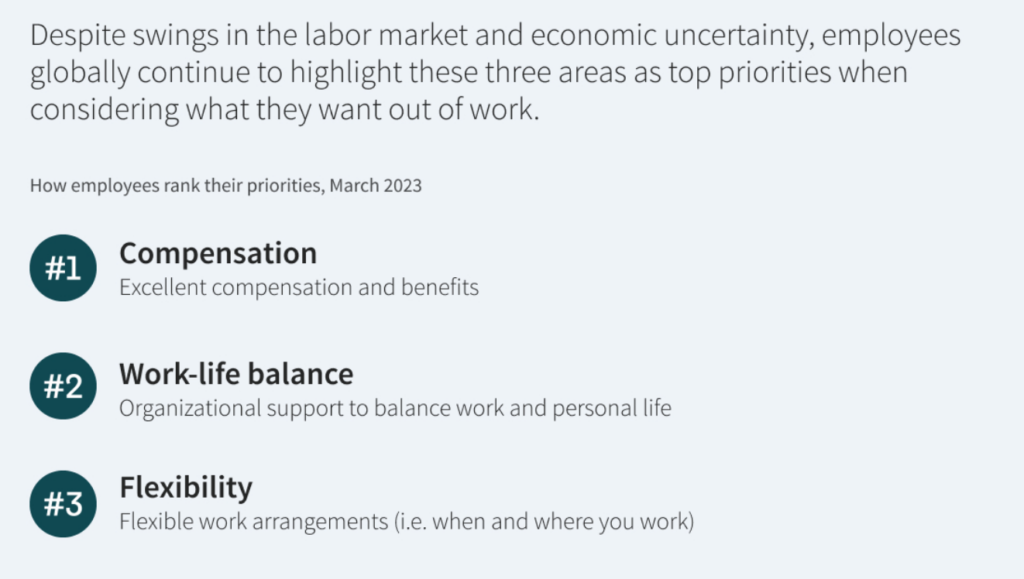I got the chance to travel to Singapore recently to be the closing keynote speaker at the largest HR Technology conference in Asia, HRM Asia Tech Festival. It was an amazing event, and I got to meet so many amazing global HR professionals. But this one question stuck with me long after I got back on the plane to return to the States!
Can America still lead the world in HR?
Now, some of my global HR friends might already be questioning, “Does America really lead the world in HR?” I’m not here to say if we do or not, but when I travel globally to speak at HR and Talent conferences, I’m constantly told, “Tim, we are excited to have you speak here, but you have to understand “X Region” is five years behind America in HR and Recruiting.”
It happens every single time!
What I actually find is the top 10% of HR shops around the world are fairly equal. If your organization has a major focus on HR and Talent, you are probably closer to best in class to your peers than you think. Where the truth lies in their statement is the bottom tends to be lower or there are just so many fewer organizations working to get to world-class HR practices overall as compared to America.
When it comes to America continuing to lead, it’s a legitimate question.
Now, I know a bunch of thought leaders in HR, mostly who are American, who love to rip on how awful American companies are at HR. It must be some weird American influencer power thing to believe that foreign audiences want to hear you make fun of America. What I find is this is true in Europe. Europeans love when you make fun of America, especially when you are American! But most of the other parts of the world, especially in Asia, don’t really react well to those making fun of the West. Much of Asia actually likes the West, so they are confused to hear a speaker rip on America.
The crazy part of my Singapore trip is the only time I heard anyone say negative things about America. It was coming from American Expats who now live abroad. So, my guess is these folks just didn’t really like America to begin with.
The question of whether America can lead in HR came from a local Singapore HR leader asking an American Expat speaker after his talk, where he spent the majority of it talking down America.
To his credit, he answered it rather well:
- The rest of the world has all the opportunity to now lead in HR. There is nothing holding them back from a technology or knowledge perspective. The world has gotten smaller.
- The rest of the world, through mass media, gets to see the worst of HR in America with examples like Uber, Twitter, etc. You see all the bad stories in the media and none of the great ones.
- The US has some unique cultural advantages that have kept it in the lead so far, including not having traditions, a willingness to move quickly and break stuff, and a willingness to be progressive.
Most of the world, especially in Asia, is steeped in tradition and saving face. HR Leaders in America can make a big mistake, and their career can survive it. That is not the same case in all places in the world. Thus, innovation and change do not happen quickly. What is the old adage, “You never get fired for buying IBM.”
So you have HR and Talent leaders who are not rewarded for making big changes and improvements. They are rewarded for not making mistakes. This makes it very hard to become a leader in that kind of environment. To lead, you must innovate and make change. If you innovate and make change, you will make some wrong turns. Wrong turns are career killers in other parts of the world.
America will lead in HR.
America will lead in HR for these simple facts. Much of the most innovative HR technology is still developed in America. Innovation in any function, including in HR, happens on the fringes. America has an amazing startup culture that pushes the boundaries and norms of what we should expect organizations to do. This is more conducive to developing leading HR practices and innovations.
It doesn’t mean that other regions around the world can’t create this, they are just pushing uphill on many fronts, and many of those are cultural, which are very hard to change. What I do think we’ll see are global HR and Talent teams who will work across regions to try and test things on a much more global front to see global HR change. It doesn’t have to be us vs. them. It can be all by working together.
One of my big takeaways from traveling around the world and speaking is every employer, and most countries face the exact same issues. How we go about solving them has been very different to this point, but that doesn’t mean it has to be as we move forward in the future.


